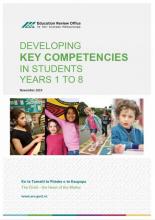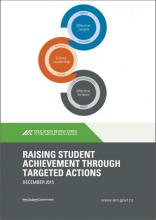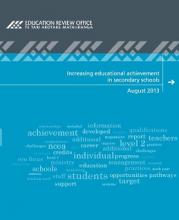Learning in a Covid-19 World: How early childhood education services helped children and their whānau
Early childhood education services had to quickly adapt to changing requirements and periods of uncertainty due to Covid-19. During lockdown, services had to transition to supporting children to learn from their homes. After lockdown, they had to support children to return to services and continue their learning in a Covid-19 world. This summary highlights the efforts of early childhood services to support students and their whānau.

















